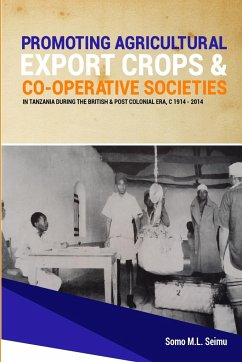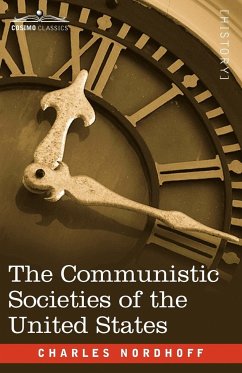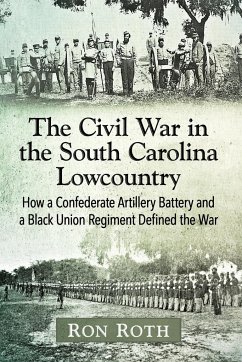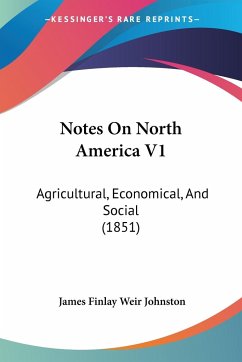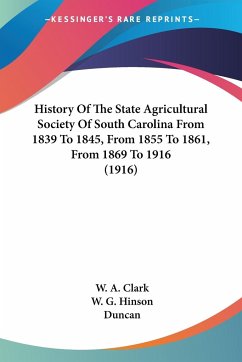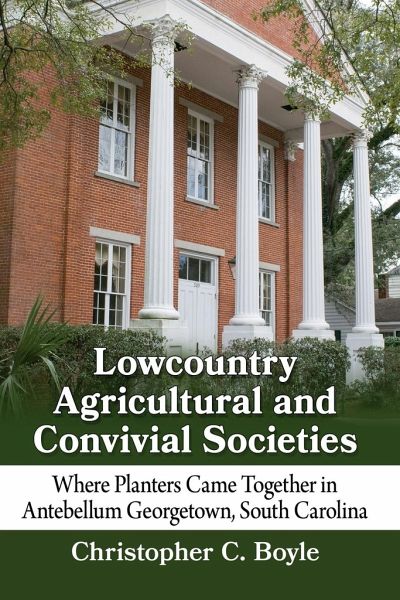
Lowcountry Agricultural and Convivial Societies
Where Planters Came Together in Antebellum Georgetown, South Carolina
Versandkostenfrei!
Versandfertig in 1-2 Wochen
54,99 €
inkl. MwSt.

PAYBACK Punkte
27 °P sammeln!
By the Antebellum period, rice had dominated the local economic, political, and social patterns of South Carolina's Lowcountry for nearly two hundred years. This book explores the purpose of the social organizations as well as the moral, economic, cultural, and political challenges of the Georgetown rice planters. Within the protected confines of their organizations, planters felt safe discussing local and national politics, advancements to their educational system, and agricultural and livestock improvements to better compete with the Industrial North. The alliance of "brothers of the soil" h...
By the Antebellum period, rice had dominated the local economic, political, and social patterns of South Carolina's Lowcountry for nearly two hundred years. This book explores the purpose of the social organizations as well as the moral, economic, cultural, and political challenges of the Georgetown rice planters. Within the protected confines of their organizations, planters felt safe discussing local and national politics, advancements to their educational system, and agricultural and livestock improvements to better compete with the Industrial North. The alliance of "brothers of the soil" helped solidify South Carolina's Lowcountry politically. The agricultural alliances of the region promoted Southern Nationalism and provided one pillar for Southerners to the American Civil War.





